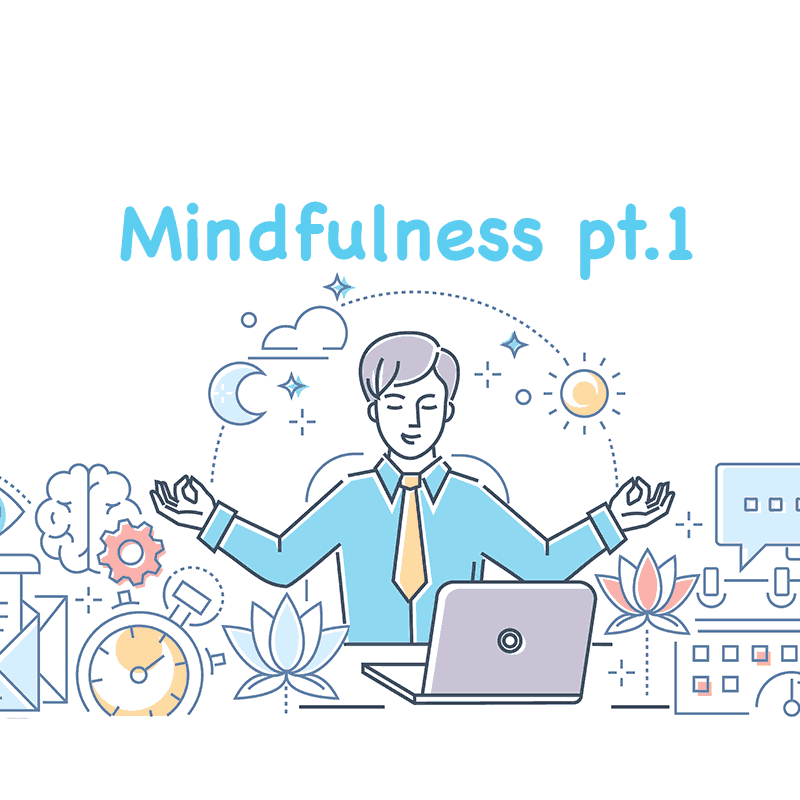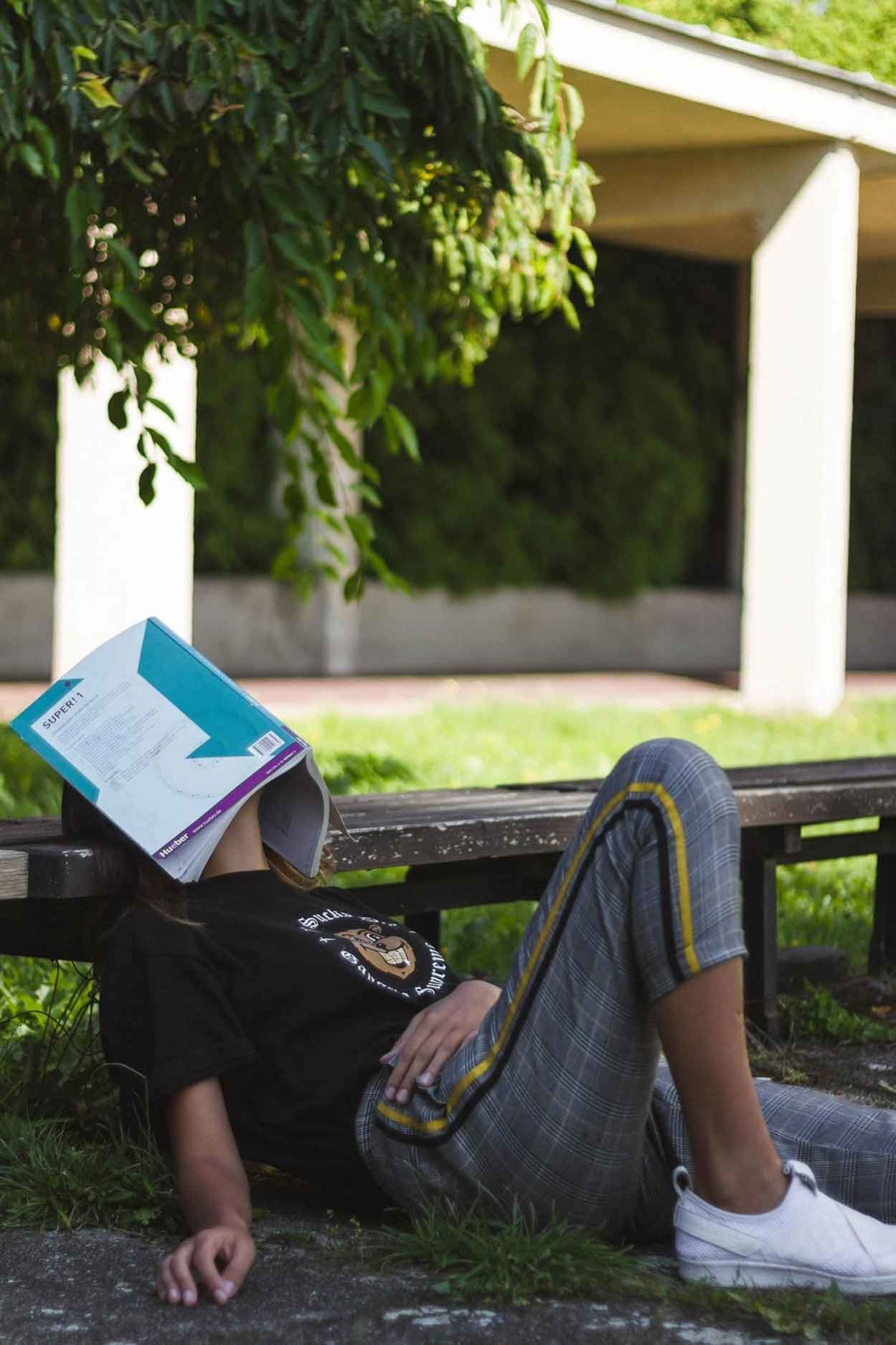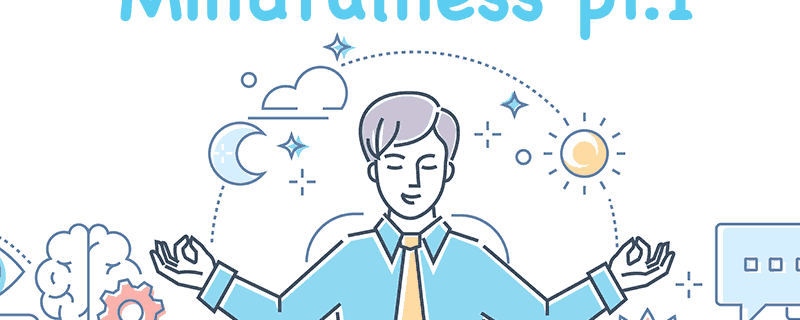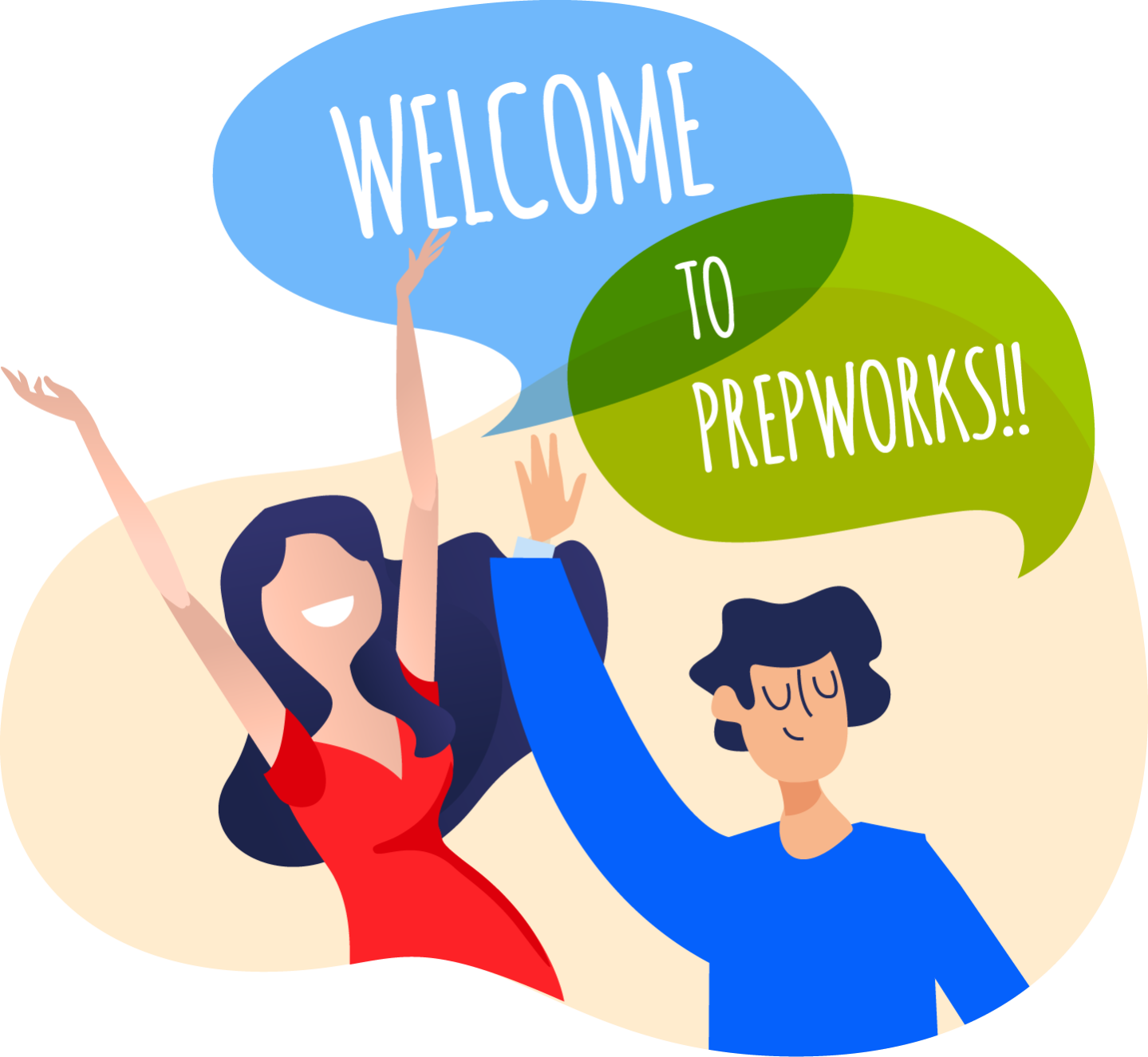Mindfulness, Meditation, And How To Practice Them: Part 1
In this two-part article, our Prepworks tutor bravely shares about her personal experience involving mental exhaustion and transformation through meditation, in the hopes that it will inspire other people to take better care of themselves so that they don’t end up in a similar situation. She will also be running a workshop here at Prepworks teaching teenagers how to meditate, improve concentration and better cope with stress. Enroll your kids soon whilst places are still available!
For many of us city dwellers, when we think of meditation we associate it with something which ought to be left to the monks and ‘yogis’. I certainly had no understanding of or interest in it… Until two years ago, when my stress levels reached a breaking point and I experienced such a severe burnout that I wound up weeping at the knees of a monk in a holistic healing center in Thailand. Rewinding a little; at aged 24 I was experiencing daily migraines and felt like I could no longer cope with what life was asking out of me. On a Monday morning I reached my limit, and after a hasty google search I quit my job working in a fancy London office and boarded the next Thai Airways flight. All I knew was that monks were supposed to be experts on peace and life satisfaction, and I was ready to humbly listen to their teachings.

At that point in time, I experienced anxiety from the moment I woke up to the moment I fell asleep (which had become a rarity), my body was plagued by seemingly random aches and pains, and I struggled to find pleasure in things which didn’t include alcohol. I didn’t understand exactly why I seemed to be suffering so much, however, I knew I felt constantly exhausted yet couldn’t bring myself to relax.
Upon arrival in the holistic healing center, I was taken into a plain room with nothing but two chairs inside. A man in an orange robe sat down opposite me and said, “You must understand something now. All of the answers you seek are already inside of you, you’ve just forgotten how to access them. Modern society contains a sickness, but this is not like the flu; it is a disease of disconnection. ”
He fell silent, and after a while I asked, “Disconnection from what?”.
“Everything that is real. Don’t worry, you’ll understand in time…” And with that, he got up and exited the room. I was given a list and was specifically told that they were not rules, but suggestions, and no one would be checking that I was following them. I would be the only person that I was being held accountable to. I read the first suggestion on the list:
“Place all technological devices such as mobile phones and laptops into the box in the corner of your bedroom, and leave them there throughout your entire stay here.”
I felt that familiar anxiety bubbling up inside of me. If I didn’t have my technology then what on earth would I do to make my free time pass? As hesitant as I was, I also was well aware that the ways in which I had been living my life up until that point had not been making me happy, and so I was willing to fully surrender myself to their program.
I was also given a timetable and again, told that it was entirely my choice whether or not I follow it. It went something like this: Wake up at 5AM for a “Zen talk”, yoga, breakfast, guided meditation, silent meditation, walking meditation, lunch, journaling, intuitive time, dinner, evening meditation, bed.
I must admit, at this point I was highly considering leaving, because I couldn’t wrap my head around how so much time spent doing nothing productive would trigger the personal growth that I was aiming for. There was also something extremely scary, yet simultaneously empowering, about the level of autonomy that I was suddenly being given. When going about my previous life in London I had felt totally controlled by my schedule, and not the other way around. I was especially curious about the concept of “intuitive time”. I had to admit, my intuition was something that I had completely tuned out from – and that’s when I flashed back to what the monk had said about disconnection.
Although I’d anticipated a very boring time at the center, the next eight weeks were an emotional rollercoaster; a haze of emotions came to the surface ranging from pain, to anger, to sadness, to sheer ecstasy, and most of all, deep peace. I realized that these emotions had been there all along, but I had been unable to access them. After leaving there, I dedicated a lot of energy into figuring out how to integrate my knew knowledge into modern life, so that I could become the happiest and most prosperous version of myself. It is a process in which I am still experimenting, but I will share with you the most valuable aspects of what I learnt (so you don’t have to go hangout with the monks).
The bottom-line is that I came to understand that modern city life is conditioning us into some very unhealthy habits, which in the long run significantly increase our risk of mental and physical health problems, unless we start becoming aware of them and consciously de-programming ourselves. The younger this awareness can start, the easier the maladaptive habits are to break (and the less damage they will inflict).
Unhealthy Habit One
Detaching from our bodily needs, our feelings, our intuition, and ultimately our true selves. We are pressurized to place our primary focus on being productive instead of giving ourselves the space and time to enter into our optimal creative and spontaneous flow. We must navigate a concrete jungle of artificial sounds, smells, and sights, which is actually deeply unsettling for our body (even if on a surface level it feels normal). We are frequently over-stimulated and whether it be in school or the office, are forced to comply with overly busy routines which don’t match that of our body clock.
Unhealthy Habit Two
Overanalyzing everything, constantly creating an internal narrative (E.G. Making judgments, assumptions, and comparisons) instead of just experiencing our environment simply for what it is through our senses. The human experience is supposed to be relatively simple, yet all of the artificial stresses induced by capitalist rivalry have switched our ego mind into overdrive. The majority of us suffer from at least one of these consequences; racing thoughts, depression, insomnia, anxiety, and low self-esteem.
Luckily, there are solutions which we can all learn. These are mindfulness and meditation.”
Stay tuned for the second part to this article, in which our tutor explains what mindfulness and meditation are, the scientific evidence behind how they improve wellbeing, and provides a step-by-step guide on how to develop a healthier routine for yourself and your family.









